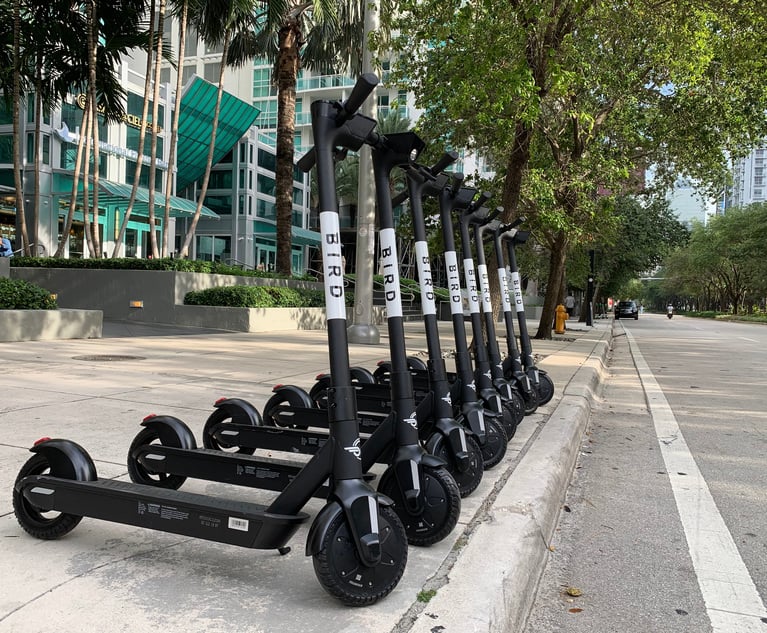The U.S. Supreme Court will soon decide a petition for writ of certiorari filed by Amgen in its longstanding patent suit against Sanofi concerning cholesterol-lowering monoclonal antibody therapy. Amgen specifically seeks rulings from the Supreme Court on the issue of enablement, as codified in 35 U.S.C. §112(a). The petition comes after years of litigation between Amgen, the maker of the anti-cholesterol drug Repata, and Sanofi, the maker of a competitor drug Praluent. Amgen’s asserted patent claims have twice been found valid by juries, but repeatedly held to be invalid for lack of enablement by the District Court of Delaware and the U.S. Court of Appeals for the Federal Circuit.
35 U.S.C. §112(a) requires that a patent’s specification must contain “a written description of the invention, and of the manner and process of making and using it, in such full, clear, concise, and exact terms as to enable any person skilled in the art to which it pertains, or with which it is most nearly connected, to make and use the same.”


 Credit: angellodeco/Shutterstock
Credit: angellodeco/Shutterstock




